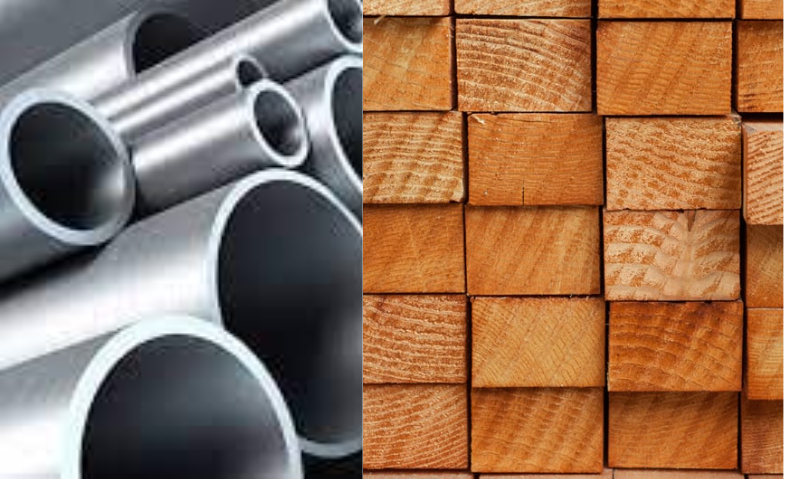
Making the border disappear so you can focus on your business. Since 1979.
Customs Broker Services
Imagine you are a business owner who wants to expand your operations into new markets, importing and exporting goods across borders. We understand that the complex world of customs regulations and procedures can feel like a maze, leaving you overwhelmed and uncertain about navigating the process.
That's where A & A Customs Brokers, one of the leading customs brokers, comes in.
Business Without Borders ®
Our Services
A & A Customs Brokers: A Licensed Customs Broker
With over 46 years of experience, A & A Customs Brokers has established itself as a reputable customs brokerage company and consulting firm serving businesses in the United States and Canada. Our customs broker services are offered to diverse industries with seamless customs clearance, duty drawback, and customs compliance and consulting services. Our knowledgeable and licensed customs brokers guide you through the process, ensuring that your imports and exports comply with all necessary regulations and avoid costly penalties.
Our customs experts have extensive experience in various industries, including food & beverage, gardening, machinery, lumber, retail and more. No matter the nature of your business, we have the expertise to handle your customs clearance needs effectively. Whether you are importing fresh produce, heavy machinery, or retail merchandise, we ensure that your goods cross borders seamlessly and reach their destination on time.

Trusted Customs Clearance Broker since 1979
With over 46 years of experience, A & A Customs Brokers has established itself as a reputable customs brokerage company and consulting firm serving businesses in the United States and Canada. Our customs broker services are offered to diverse industries with seamless customs clearance, duty drawback, and customs compliance and consulting services. Our knowledgeable and licensed customs brokers guide you through the process, ensuring that your imports and exports comply with all necessary regulations and avoid costly penalties.
Our customs experts have extensive experience in various industries, including food & beverage, gardening, machinery, lumber, retail and more. No matter the nature of your business, we have the expertise to handle your customs clearance needs effectively. Whether you are importing fresh produce, heavy machinery, or retail merchandise, we ensure that your goods cross borders seamlessly and reach their destination on time.
Are You Ready to Navigate Customs with Ease?
Contact A & A Customs Brokers to guide you through the maze of customs regulations, empowering your business to thrive in the global marketplace.

Industry Solutions
We've been here for over 46 years - we know exactly how to help you.
As a trusted name in customs clearance services and your partner in global trade, we offer comprehensive customs clearance services and international shipping solutions. Our expertise extends across diverse industries, including food & beverage, lumber, iron & steel, electronics, agriculture, and machinery.
We provide reliable customs brokerage services, ensuring efficient, compliant, and timely transportation of your goods.
Contact us today to streamline your supply chain. Learn more below.
Testimonials
Discover what our clients have to say about their experiences with us
Blogs
Stay upto date with latest changes

.svg)
.svg)






















.png)





.webp)
















